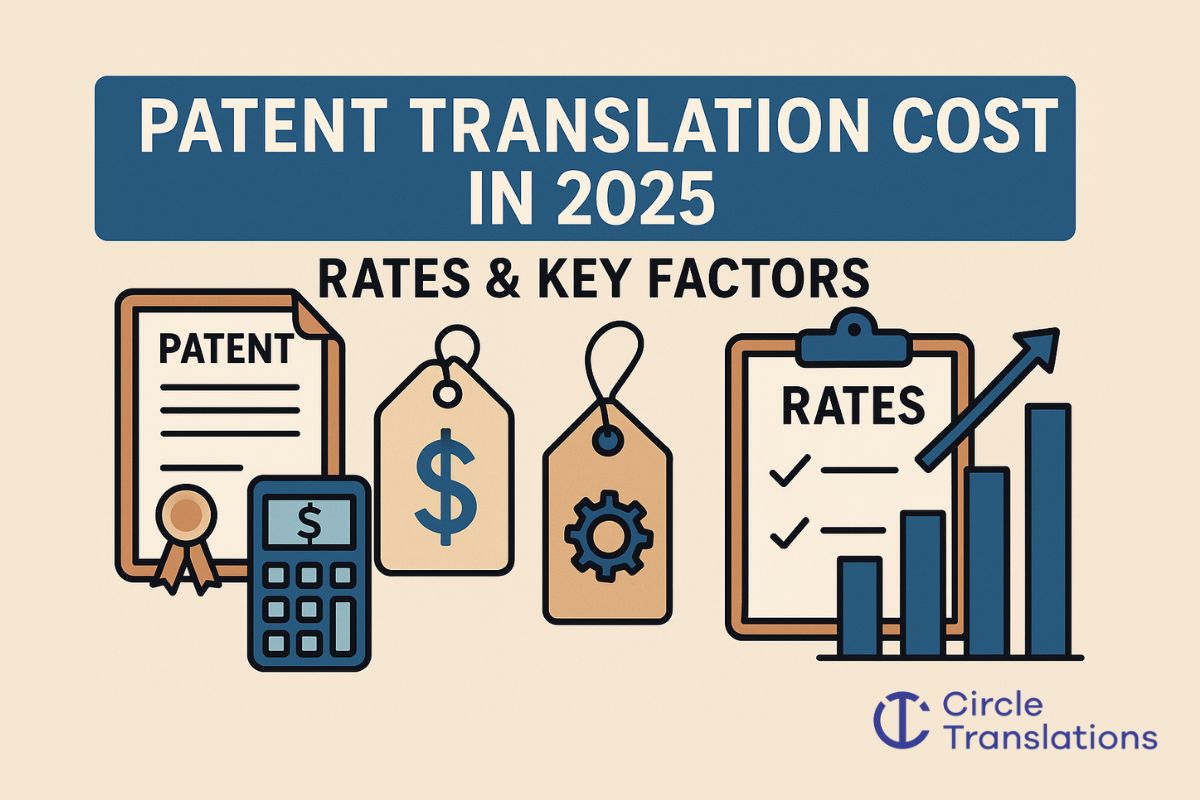Skilled subtitle translators are increasingly sought by companies due to the increasing global demand for video services, online courses, and foreign films increases.
In order to become a subtitle translator, you must learn how to translate texts correctly and create an interesting and accurate flow of text that appeals to the native target audience. Once you have developed these skills, there are plenty of online platforms where you can look for both regular and freelance work.
Those who want to work in this position must have an excellent command of both the source and target language and knowledge of cultural nuances and slang that might be obscure to non-native speakers. It also requires a keen eye for detail since mistakes can slip through the cracks quickly.
Opportunities Are On the Rise
The job opportunities for subtitle translators have been steadily increasing over the last few years as digital media has become more popular and accessible in many parts of the world. According to recent statistics, the caption and subtitling solution market will be worth almost half a billion dollars by 2028.
With the growth of streaming services and the demand for more localized content, there has never been a better moment to pursue a career in this field. Furthermore, This type of job offers many opportunities for growth and advancement in the sector, allowing translators to move up the ranks and become project managers or lead translators.
Currently, the average yearly salary for a subtitle translator in the US is $51,381, with values ranging between $45,035 and $59,402. For those who would like to work as freelancers, the average yearly income is currently $48,396 but it can get as high as $76,000.
What Does a Subtitle Translator Do Exactly?
A subtitle translator is a professional specializing in translating audio-visual content, such as movies, TV shows, and various video files, into localized subtitles for viewers worldwide. They are responsible for ensuring that the subtitled dialogue and onscreen text accurately convey the original message while taking into account the cultural specificities of the target country. Working opportunities in this field can be found in the form of both regular employment and freelance jobs.
To be successful in the role, you must have an excellent command of both the source and target language, as well as a thorough understanding of the grammar and syntax of each. You should be familiar with any localization conventions, such as making sure that names are spelt correctly in the target language.
At its core, subtitle translation is a localization task, requiring translators to think about how content should be presented to people from different backgrounds and cultures.
Subtitling jobs are an essential part of media production as they allow viewers worldwide to consume content in their native language. Quality translations of subtitles can make a big difference in how an audience receives a media production and how successful a film, show, or document is at a global level.
A subtitler with localization skills is responsible for accurately translating each line of dialogue and any written text that appears on the screen. They must also adjust the timing of the subtitles so that they match up with the spoken words.
What Qualifications Do You Need?
Obviously, someone who wants to apply for subtitling jobs must possess a deep understanding of both source and target languages. They should be proficient in reading, writing, and speaking both languages fluently. In addition, they must have a solid grasp of grammar rules and the cultural characteristics of the target country.
On top of that, those working as translators must clearly understand the context of a video or film and keep the subtitle translations faithful to the original dialogue. They need to have an eye for detail and good time management skills to stay on top of deadlines.
Besides audio-visual translation skills, translators should also know how to use specialized software. Subtitling software enables the translator to sync their translation with the audio track of the video source. They should also be familiar with relevant regulations and standards in the field.
In some cases, those who hire subtitle translators may require a degree in translation studies. However, some employers are willing to hire translators with only experience and qualifications in the languages they’re working in. In this case, subtitle translators need to showcase in other ways that they have a superior command of the source and target language.
They should also be able to demonstrate their ability to translate text to audio accurately. Other important qualifications include a deep understanding of the culture and context behind the source material, as well as an impressive level of accuracy in their previous translations. Moreover, subtitle translators must have excellent attention to detail and be able to work under tight deadlines.
Where Can You Learn the Right Skills?
Subtitle translation is a specialized field within the translation industry, and there are many opportunities for learning the necessary skills. Naturally, pursuing a university degree in translation studies will give you the most comprehensive background possible in this field.
However, the increasing availability of affordable online courses makes this type of career increasingly accessible even to those without a specific academic background in translation. Both general e-learning platforms like Udemy and specialized online schools AVT Masterclass courses to those interested in becoming subtitle translators. Higher education institutions like University College London also offer online non-degree courses in this field.
For those with a background in movie or film studies, a course in subtitling can provide valuable insights into the translation process. For those looking for more casual learning opportunities, many tutorials and guides are available online.
If you want to get an initial taste of the type of skills required to work simultaneously as a subtitler and translator, you’ll find several helpful free videos, articles, and blogs on topics like subtitle formatting, timing, and localization. Most courses are available in the English language, but you’ll also find helpful material in other languages. Additionally, there are forums specifically dedicated to subtitle translation where aspiring translators can find tips and advice from experienced professionals.
If you are serious about pursuing this career, consider getting certified to show potential employers that you are a qualified professional. Certifications from organizations like the American Translators Association (ATA) offer a way for experienced subtitle translators to prove their expertise.
How Can You Get a Job as a Subtitler?
Subtitle translators can find working opportunities in various settings, including film and television studios, video streaming services, content production companies, post-production houses, and publishing firms. There is also good availability of freelance jobs and projects offered by smaller clients.
You can find freelance translation jobs on platforms like Upwork™ and Gengo. These sites offer flexible income and the opportunity to improve your skills. Additionally, steppes provides online translation jobs for professional linguists and freelance translators. For more localized opportunities, Indeed and Linkedin offer a range of translator jobs with competitive salaries. Finally, Jooble is another great resource for searching for online translator jobs globally.
When creating your resume, make sure to highlight qualifications and skills that are as relevant as possible to the job that you are applying for. For example, being able to professional software for translators is a much more important factor to underscore in your resume than your familiarity with social media applications. Your resume should also be easy to read and understand so that potential employers can quickly gain an understanding of your experience and qualifications.
If you have already accumulated some experience in subtitle translation, you should also consider creating a professional portfolio website. This can help demonstrate an individual’s skills to potential employers or clients and set them apart from other applicants. Applicants must include samples from different types of content (such as films, television, and commercials) to showcase their versatility.
Keep in mind that many local broadcasters or movie companies offer internships or volunteer opportunities that allow those with an interest in subtitling to get hands-on experience.
In the long term, experienced translators may also opt to teach classes and workshops at local universities or language centers, allowing them to share their knowledge with others while maintaining a flexible schedule.
Subtitles

Professional and Accurate Subtitle Services for your Videos.
- Video subtitles specifically tailor-made for improving accessibility.
- Using highly experienced subtitlers with years of industry experience.
- Professionally written and expertly timed.
Translation

We help the world’s top companies translate their content in over 73 languages!
- We localize content for internet websites, games, travel, cryptocurrencies, and more
- Expand your global audience by adding different languages.
- We work only with qualified translators and experienced content creators
Audio translation

Ensuring full accessibility for Blind and visual impaired audiences.
- Visual descriptive events as they occur in the video.
- Working with top audio describers to perfectly describe what is happening on-screen
- Professional sound recording.
















